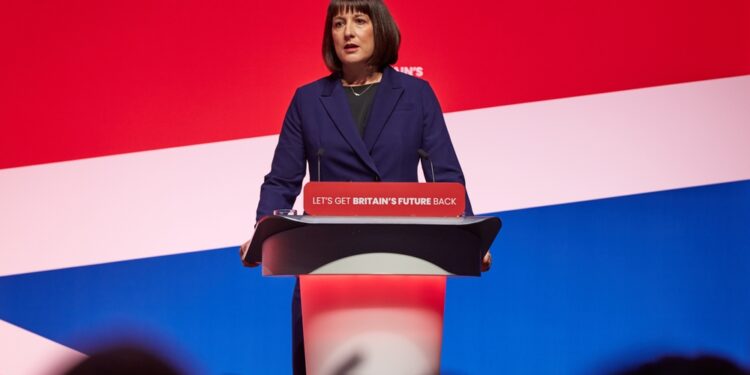Smart has warned there is a danger that workplace pension reforms could create a “sub-optimal oligopoly” in the sector if it solely focuses on mega funds.
In an interview with The Times Smart group chief executive Andrew Evans says the reforms should ensure that there is still opportunity for innovative new entrants to break into the industry.
Evans said that if the new rules do not allow for this there is a danger “you have Premiership where no one ever gets relegated”.
His comments come in the wake of Government reforms proposing to set a minimum limit on the size of multi-employer workplace schemes. In her recent Mansion House speech chancellor Rachel Reeves proposed setting this minimum size at £25bn. The Treasury is currently consulting on these details of these proposals, but this planned reform is likely to drive further consolidation in the workplace pension sectors, with the current 31 master trusts expected to reduce to around 10 providers.
Smart Pension has been one of the more innovative and acquisitive players in this master trust sector in the UK, taking over a number of rival master trusts in recent years.
However despite these acquisitions it currently has around £6bn of assets under management.
Smart has previously raised concerns about these reforms, pointing out that many of the largest master trusts in the UK have failed to lead the market when it comes to investment into private market assets — and have not always delivered the best returns for savers.
Part of Reeves’s drive towards ‘megafunds’ is to encourage more investment into private assets with the aim of boosting investment into the UK economy while also delivering increased returns for savers. Smart now has around 6 per cent of its assets invested in private markets.
Smart Pension CEO Jamie Fiveash says: “Being the largest provider doesn’t necessarily mean providing the best solutions or outcomes for members. Scale is important, but we need to ensure new legislation continues to support the competition and innovation that drives the UK economy.”





